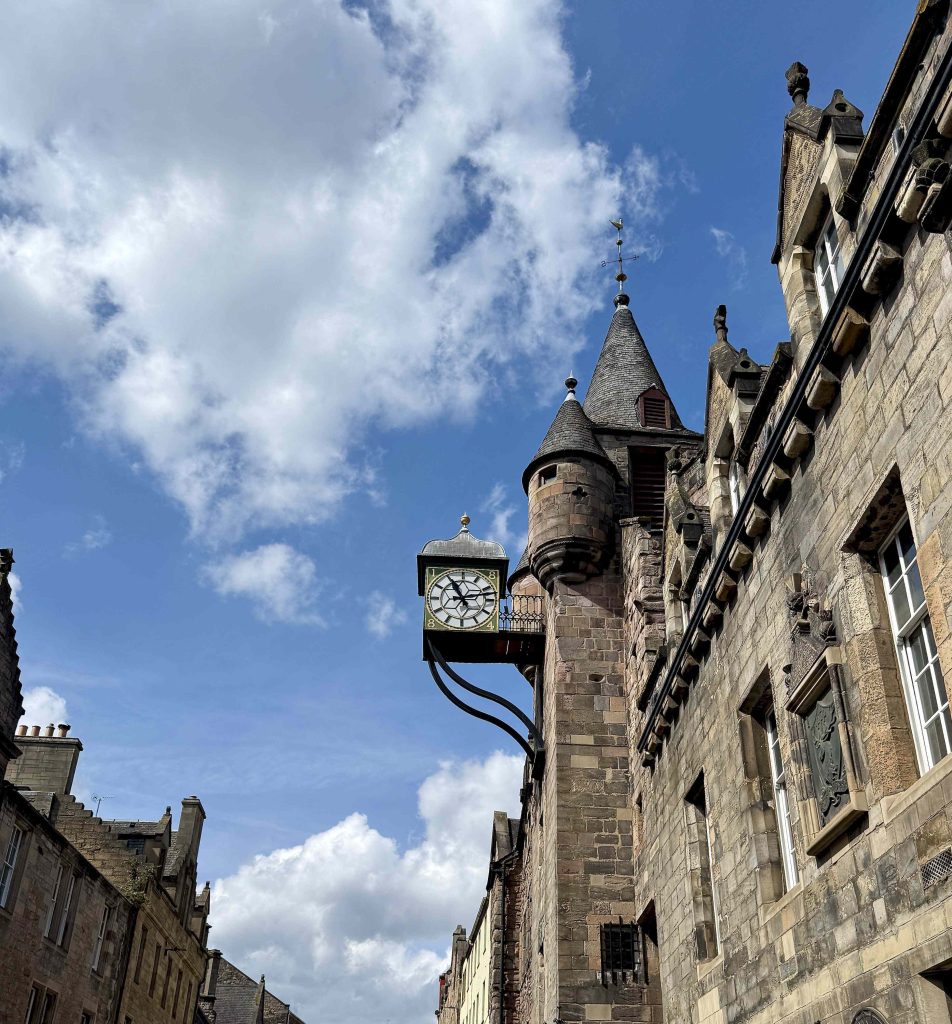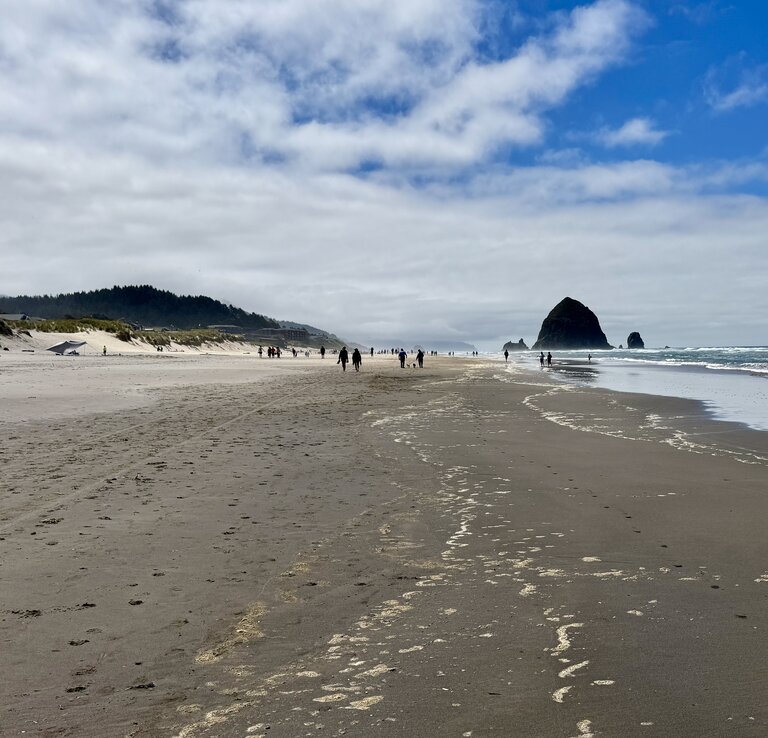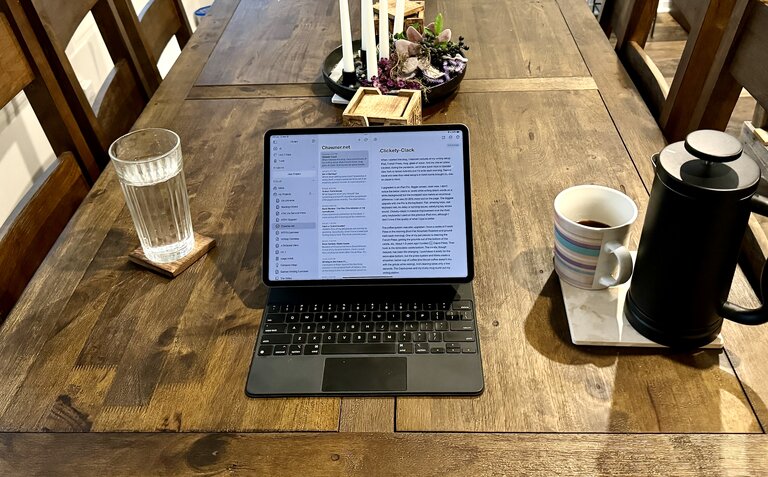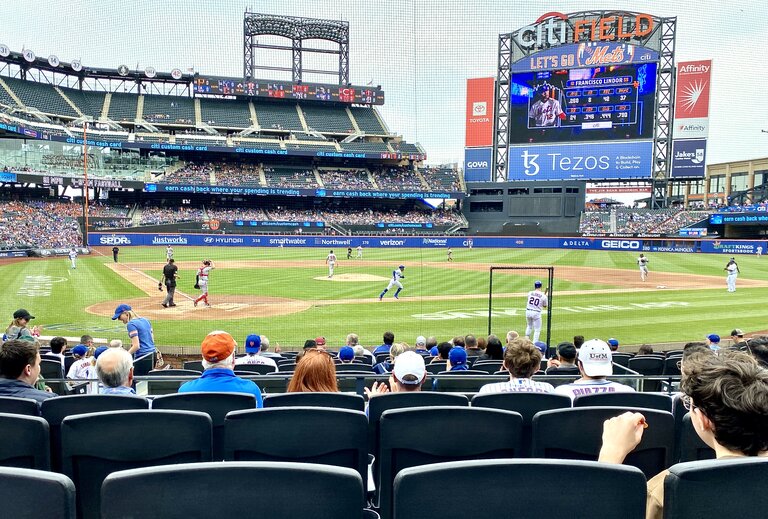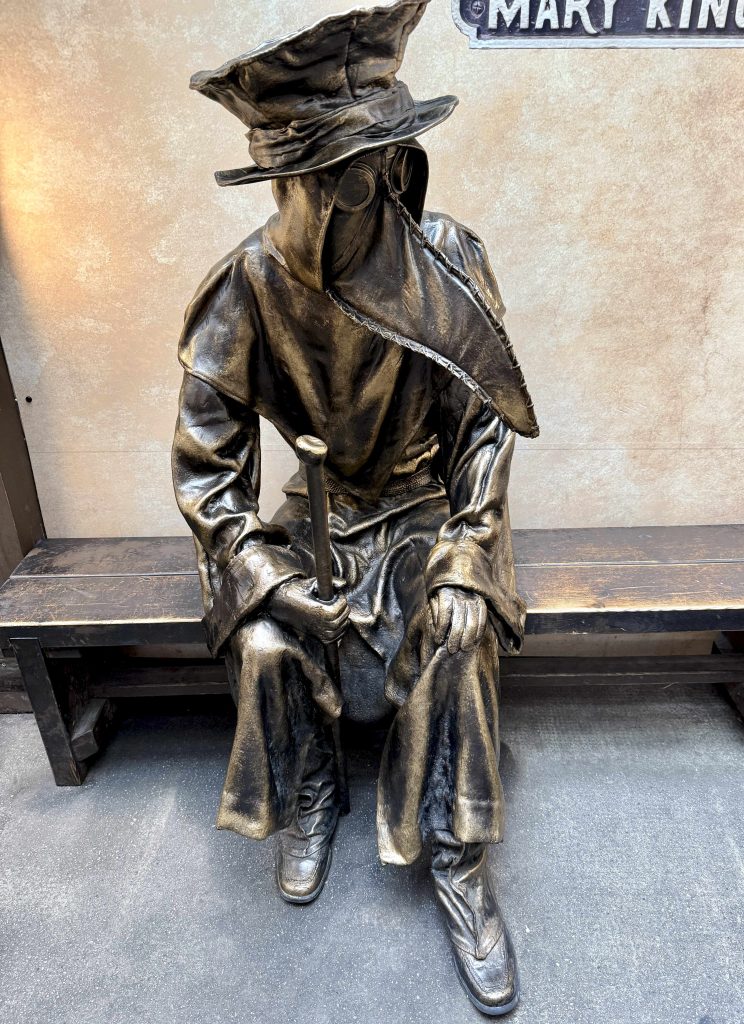
Readers always want to know what ended the world. Nuclear war. Plague. Climate collapse. AI. The event itself matters, but not as much as what it sets in motion. In post-apocalyptic fiction, the collapse fades faster than expected and leaves behind outcomes that are both obvious and easy to miss.
No matter how dramatic the end, it quickly becomes background. In most enduring stories, the apocalypse happens off the page or long before the narrative begins. Think of The Road by Cormac McCarthy. What happened is hinted at, never described. Because it doesn’t really matter. The novel isn’t interested in the mechanics of collapse. It’s interested in the lawlessness, the violence, and the daily effort required to stay alive afterward.
The aftermath is the real subject.
What happens when the systems that quietly hold modern life together disappear and do not come back. When money stops working. When there are no police, no hospitals, no supply chain refilling shelves overnight. What remains once it’s clear that normal is gone for good.
A surface reading suggests that the inhabitants of these worlds are worse off. In many ways they are. But there is a subtler undercurrent running through post-apocalyptic fiction. The suggestion that some parts of life might actually be better without all the machinery we’ve built around it. Phones. Feeds. Money. Metrics. Expectations. Most adults, if they’re honest, have imagined stepping away from it all. A skilled writer can sketch an almost idyllic existence nestled alongside violence and vulnerability. It’s a dangerous fantasy.
My upcoming short story collection features a few characters who are trackers. Bands of younger people who hunt through the soft decay of the previous world for anything still useful. In the After the Second Wave world, batteries, fans, filters, and books that haven’t rotted away are worth carrying. Their lives are basic and uncluttered. Find what you can. Bring it back to the community. Sleep under the stars. Eat when there’s food. Move all day. No social media. No news cycle. No retirement plans.
Which is why I’m always a little envious of my characters. Sure, they don’t have air conditioning or Amazon Prime. But they do have time, and the ability to focus on what is directly in front of them.
Strip away the noise, the metrics, the constant sense that we are behind, and survival itself begins to look like clarity. These characters don’t get to optimize their lives. They don’t curate or perform them. They wake up, solve the problems immediately in front of them, and go to sleep tired in a way that makes sense. It’s odd to think that it takes an apocalypse to make this visible.

